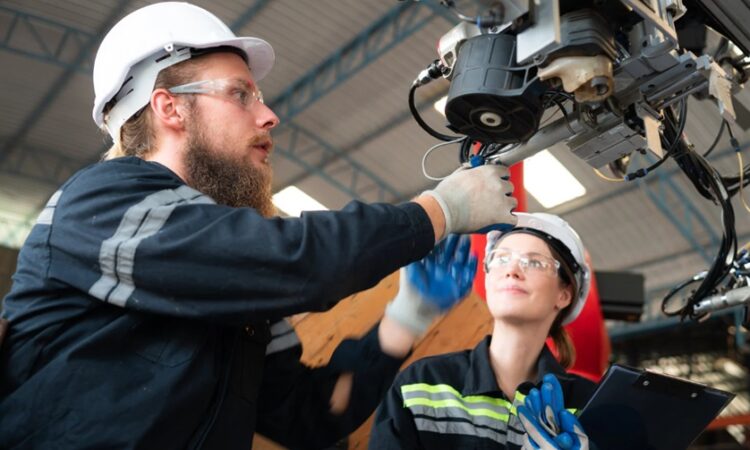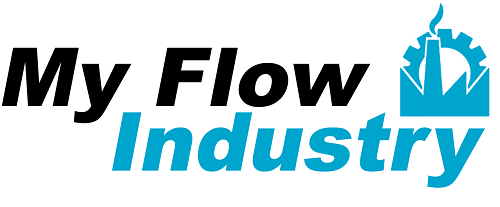
Mechanical systems are the backbone of commercial and industrial operations, ensuring that everything from HVAC systems to plumbing and electrical functions runs smoothly. However, when issues arise, they can lead to downtime, costly repairs, and disruptions. Partnering with professionals specializing in mechanical services in Oklahoma can help businesses maintain their systems effectively, prevent breakdowns, and enhance overall efficiency. Companies can minimize risks and ensure long-term system performance by implementing expert strategies.
Importance of Preventative Maintenance for Mechanical Systems
Preventative maintenance is key to avoiding unexpected failures in mechanical systems. Regular inspections, servicing, and early detection of issues can save time and money while extending the lifespan of critical equipment. Mechanical systems often operate under heavy workloads, making them prone to wear and tear. Minor problems can escalate into significant failures without proper care, resulting in costly repairs or replacements.
By scheduling routine maintenance with skilled technicians, businesses can ensure their systems remain reliable, energy-efficient, and safe for continued use.
Common Mechanical System Issues and How to Prevent Them
HVAC System Breakdowns
Heating, ventilation, and air conditioning (HVAC) systems are essential for maintaining a comfortable and safe working environment. Issues like clogged filters, refrigerant leaks, or malfunctioning components can impact performance and increase energy costs.
Prevention Tips:
- Schedule regular filter replacements and duct cleanings.
- Check refrigerant levels to ensure proper cooling and heating.
- Conduct routine inspections to identify faulty components before they fail.
Plumbing and Pipe Leaks
Water leaks and faulty plumbing systems can cause significant damage to a commercial property. Common culprits include corroded pipes, worn seals, and pressure imbalances.
Prevention Tips:
- Inspect pipes regularly for signs of corrosion, leaks, or damage.
- Maintain proper water pressure to avoid unnecessary strain on pipes.
- Replace outdated plumbing components before they fail.
Electrical System Failures
Electrical systems can experience overloads, faulty wiring, or short circuits that result in power failures. Neglected systems not only disrupt operations but also pose fire hazards.
Prevention Tips:
- Schedule regular electrical inspections to check for faulty wiring.
- Avoid overloading circuits by distributing power evenly.
- Replace outdated panels or components that no longer meet safety standards.
Ensuring proper maintenance of these systems can also improve workplace safety. Explore this article on commercial mechanical services and their impact on workplace safety.
Benefits of Hiring Professional Mechanical Services
Expertise and Experience
Professional mechanical service providers bring specialized knowledge and experience to identify and resolve complex system issues. Their ability to assess systems comprehensively helps businesses avoid recurring problems and improve overall efficiency.
Reduced Downtime
When mechanical systems fail, downtime can significantly impact productivity and revenue. Professionals can perform preventative maintenance and address issues promptly to minimize interruptions.
Enhanced Energy Efficiency
Well-maintained systems operate more efficiently, reducing energy consumption and lowering operational costs. Regular service ensures all components are functioning optimally and eliminates energy waste.
Increased Equipment Lifespan
Proper care and timely repairs extend the lifespan of mechanical systems, delaying the need for costly replacements. Scheduled maintenance protects equipment from excessive wear and tears, ensuring reliable performance for years.
Key Strategies for Long-Term Mechanical System Health
To keep your mechanical systems running smoothly, consider the following strategies:
- Implement Routine Inspections: Regular inspections help identify minor issues before they become major failures.
- Schedule Preventative Maintenance: Partner with professionals for routine servicing and maintenance.
- Train Staff on System Use: Educate employees on proper equipment used to reduce unnecessary strain.
- Upgrade Outdated Systems: Replace aging components with modern, energy-efficient alternatives to improve performance.
Conclusion
Preventing common mechanical system issues requires a proactive approach that includes regular maintenance, expert servicing, and timely repairs. Partnering with trusted professionals in mechanical services ensures systems remain reliable, efficient, and safe for continued use. By implementing preventative strategies and addressing potential problems early, businesses can minimize disruptions, save on repair costs, and extend the lifespan of their critical systems.
